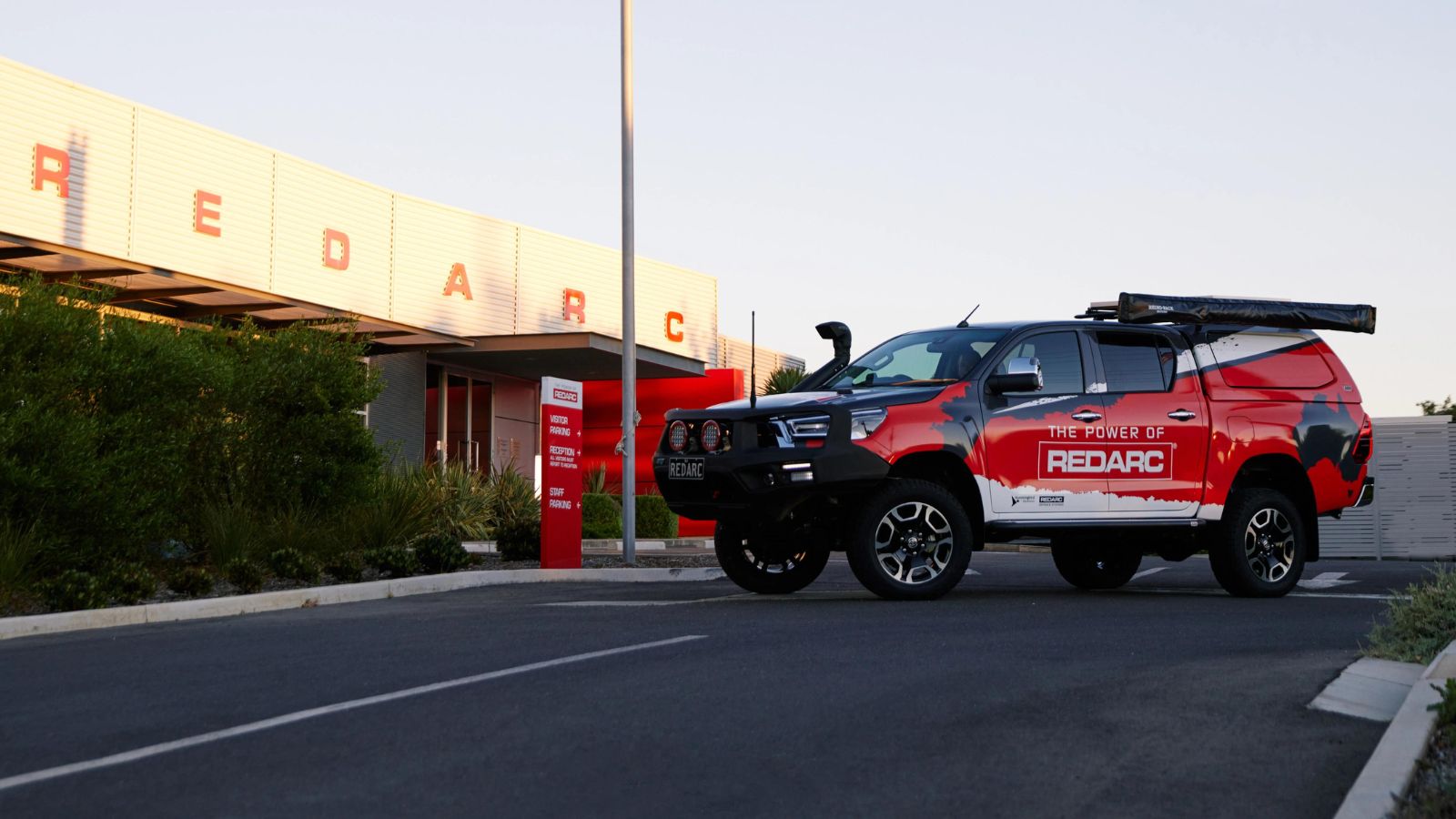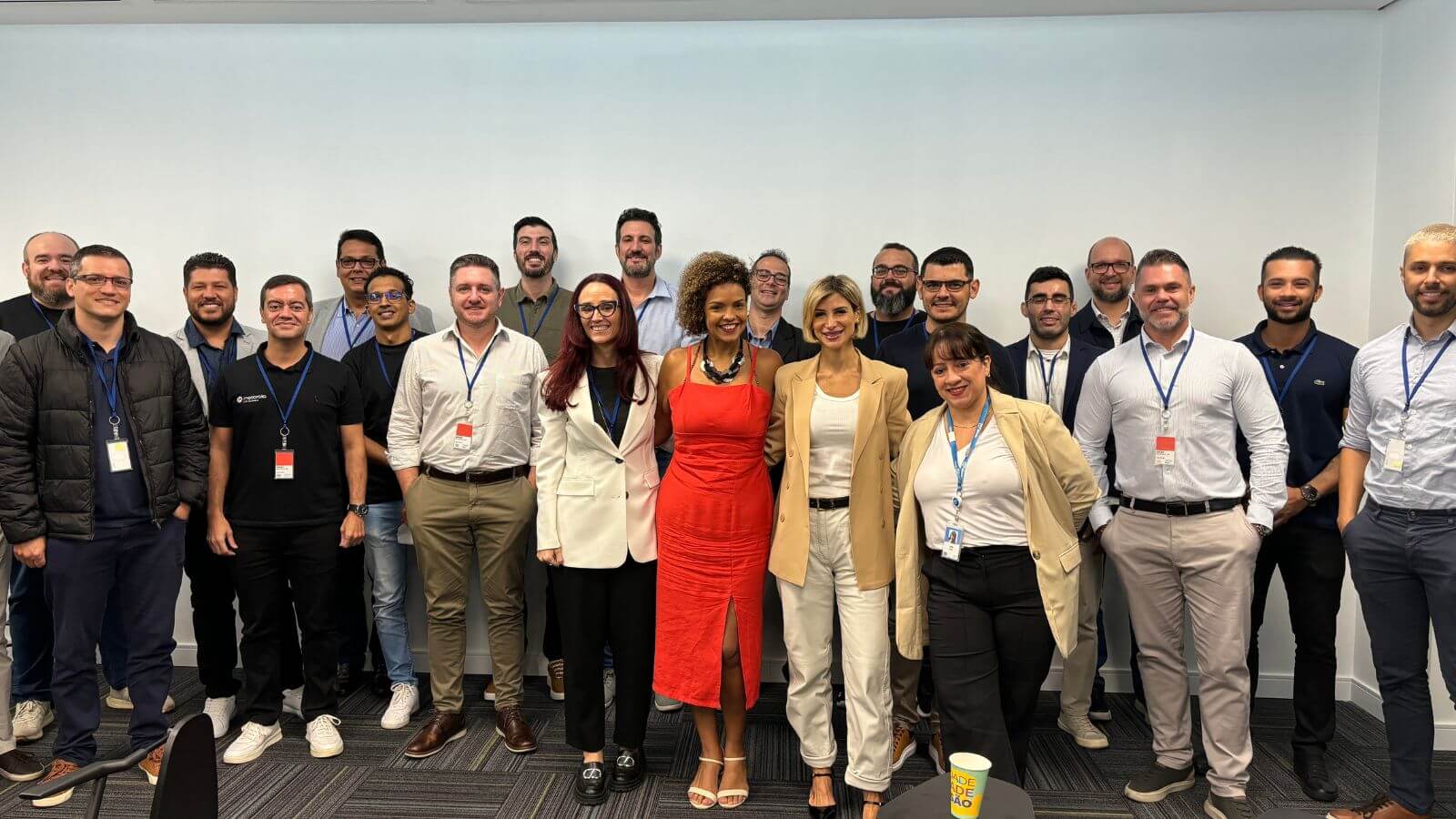What does a successful exit look like? What separates the winners? After the recent acquisition of my startup, Reflektion, these questions have hit home in a much more personal way.
While there are many steps to take—from hiring employees to building the product roadmap and development lifecycle, a key foundational one is selecting the right investment partner that has the capacity to see you from early-stage through to exit.
Here are eight exit-minded questions to ask a potential venture capitalist.
Have you founded a company and gone to the market with a product? At what stage?
A VC that is made up of partners that were once startup owners and operators will bring a unique perspective to help you hire the best talent in the marketplace, attract top advisors and board members, and succeed in undertaking follow-on financing rounds. Simply put, they know what it is like to build a company.
An investment partner who has also been a serial start-up founder—three or more times and has built and run successful companies as CEO, from seed through exit— understands the startup founder’s goals and has a keen advantage in steering them down the right path.
When asking them this question, you will also want to be sure to glean an understanding of what process they went through to find the right market fit for their product. This will give you an indication of just how much experience the VC has.
What was the key ingredient that allowed you to profit from your startup investments?
Learning what a potential VC can attribute their success to regarding profiting from their investments will reveal their approach and how equipped they will be able to help you get from seed to exit. Were they able to harness demand in an untapped market? Did they build a team that had what it took to launch the company and its products? Did they have a burning desire to create something that did not exist before? How did they create equity for the business? Finally, how did they secure buy-in for their vision among employees, board members, and investors?
Crossing the chasm from an early market with a few visionary customers to a mainstream market with a solid block of customers is critical. A VC partner that has done this many times over in the role of a startup founder is best suited to help you get to this next level. The right VC will have demonstrated this with a track record of dozens of successful exits—IPOs or acquisitions.
How do you support founders beyond investing capital?
In 2022, VCs in the U.S. saw $162.6 billion closed across 769 funds, setting an annual record for capital raised and the second consecutive year exceeding $150 billion, according to the latest PitchBook-NVCA Venture Monitor.
While VC financing growth continues to flourish, raising capital from a VC is just one piece of the startup puzzle. It is, therefore, crucial to identify a VC who is interested in more—one that is primarily focused on helping the startup apply its investment. As part of this, you will want to understand what additional resources can be provided by any potential investor.
At the end of the day, first-time CEOs need to be able to rely on their VCs for advice and direction. You need to be able to tap the expertise of your VC as a trusted mentor that can lend their support in a variety of arenas from initial product discussions and hiring executives down to securing the first few customers.
What startups failed in your portfolio? What can I learn from those startups?
This question is especially important at the term sheet phase. The answers will help you distinguish between different term sheets and what separates one VC’s offer from another’s.
Along the way, it is important to not lose sight of the fact that valuations never represent the money you will eventually take home at the exit. So, you will need to go beyond looking at them.
What if you secure several term sheets, whereby the valuations are remarkably similar—plus or minus 20%? Unfortunately, many founders are too concerned with dilution. If my ownership in a startup is 22% or even 25%—those are pseudo percentages right now. The question is 22% or 25% of what? Remember, not all startups exit at a billion dollars. In fact, their ultimate valuation is affected by not having the right strategy in place and not pursuing the right growth path.
Can I speak to some of your portfolio companies that have exited successfully and those that have failed?
Oftentimes this is a logical first question during that first call with a potential VC. Yet many founders miss the mark by only asking to speak with current portfolio companies. It is important to get a well-rounded picture of what portfolio companies have to say about working with a particular VC from different vantage points. Getting insight from current portfolio companies or just the success stories paint an inconclusive picture.
If a VC can say, “Here are the five portfolio companies that didn’t work out, but we have great relationships with them, you will be able to get a clearer picture.”
A good question to ask any past or present portfolio company is—how would you rate that VC? Would you rate that investor in the top five or top ten percentile? This is a terrific way to get perspectives and insights about working with that VC straight from their customers, the startup founders themselves.
What has your experience been in supporting your portfolio companies through both upcycles and downturns?
The right VC partner can help you effectively manage the upcycles and downcycles along the way while continuing to support you as a founder and make sure your employees stay the course.
For example, working with my Venture Capital firm, Clear Ventures, I continued to inspire the confidence I needed from my board and employees to get to exit with our base intact.
To maintain the confidence of board members and current employees, you will need to rely on an investment partner that is experienced in riding out recessions and skilled at leading you down the path toward success—especially in a downturn.
Numerous lessons can be learned from Better.com, whereby the company’s chief executive, during a single Zoom call, terminated nine percent of its workforce in mass, citing reasons including market, performance, and productivity. Additionally, we can all learn from watching the FTX crisis unfold, whereby company founder Sam Bankman-Fried gave numerous media interviews including to The New York Times’ DealBook and NPR at a time when it would have been better to stay out of the limelight. And Salesforce informing 1,000 employees via email that their jobs would be cut followed by CEO Mark Benioff holding an all-hands meeting where he cracked jokes and dodged questions about the layoffs was a teaching moment. There are clearly many missteps that startup founders will be better served to avoid—and they can with the right support.
My point is this: Running a successful startup or a company of any size is so much more than just managing financial capital—it is also about understanding the delicate balance it takes to manage human capital. The right VC will undeniably get this.
What has your experience been with product development?
With product development as the cornerstone of our growth strategy, we needed a VC partner who could help us expand our product portfolio in the right way at the right time.
The right investment partner for an early-stage startup is an individual that has previously been a product-centric start-up founder and CEO. Going the route of working with an investment partner that has always been sales-focused will waste a lot of cycles. Or, worse, you may inevitably find yourself chasing the wrong kind of sale. For an early-stage startup that could be a death sentence.
Case in point, let us say you were approached by a potential customer who might be willing to pay a hefty fee for a one-off feature even though there is not a big enough market for that feature. A good investor will save you from going down that road and instead lead you toward focusing on your core feature set.
Having the right understanding of what it takes to create a sustainable product roadmap, build it out and expand it–even if that includes a pivot along the way—is key. It all comes back to choosing a VC or investment partner that has gone through everything you are going through as a technical startup founder, owner, and operator— someone who knows how hard it is to build a product and company that is sustainable for the long haul.
How much of a priority do you make support for founders? What role does this support play in your investment and exit philosophies?
In some cases, bringing in an outside CEO could be the best move to ensure a bright future is ahead. For the future of the startup, however, it is not a silver bullet and often a founder-led IPO or acquisition process is the better route. Unfortunately, many VCs lose their patience, and it is in the lapse of patience that the wrong decisions are made.
Given the right talent is already in place, the right VC partner should be founder-focused from beginning to end. It is crucial to find a VC partner with which you can build trust that extends to your employees and your board.
Whether you are an early-stage startup or further along the path, it takes a village to run a successful startup. VCs who understand this can help you create the ecosystem you need, make sure you are traveling down the right road, and help you ensure a successful exit in the end.








